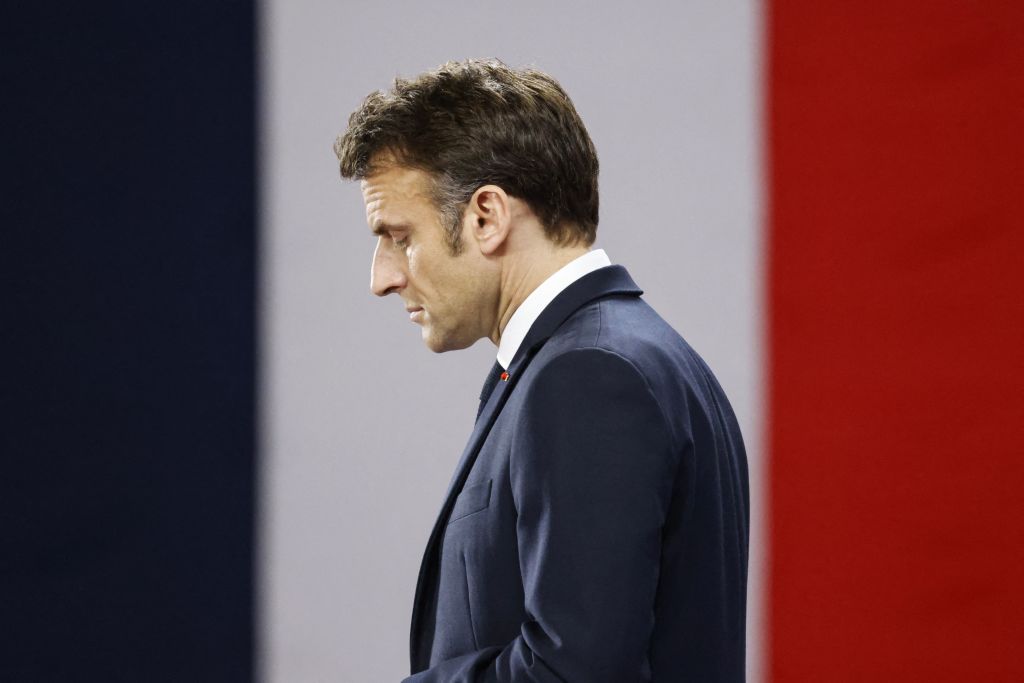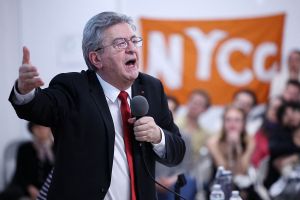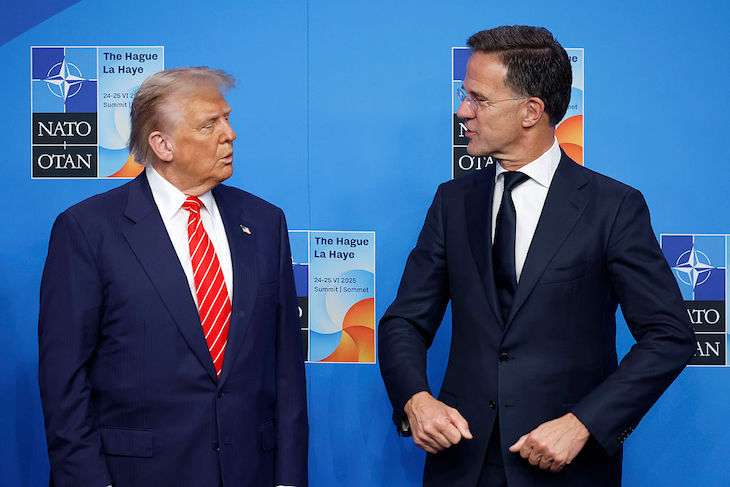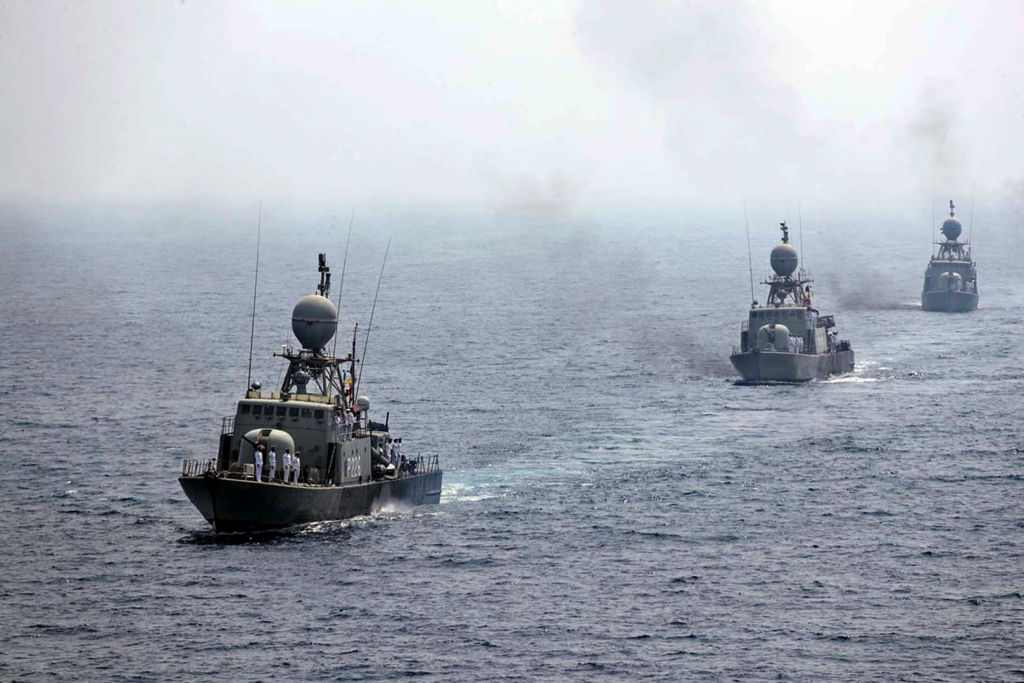Even the French reports of President Macron’s state visit to China last week were unflattering. The highly choreographed ceremonies with Xi Jinping — redolent of foreign emissaries paying homage to Chinese emperors — produced nothing on Ukraine, nothing on Taiwan. The only tangible outcome was Beijing graciously extending for another four years the loan of two giant pandas to France’s Beauval zoo.
Macron’s performance in China and his notion of European strategic autonomy gives the impression he has been played by Xi
From Putin to Xi, Macron has set out to be cleverer than all. Convinced of his own intelligence and persuasive powers he defies reality in believing that experienced autocrats can be charmed by face-to-face visits, long phone calls and bonhomie. While proclaiming the European Union should cease being naive, he continues to display unchecked innocence. His lack of prior experience in international diplomacy — or even politics — renders him prey to guileful world leaders. And he is abetted by the quasi-unbridled powers afforded to the president of the Republic in international affairs by the Fifth Republic’s constitution, with no direct control or oversight from parliament. France’s “nuclear monarchy” requires a skilful realpolitiker to promote and safeguard French interests like a de Gaulle or Mitterrand. Everything hangs on the president. Yet even when confronted with clear US and UK intelligence, Macron refused to believe Putin would invade Ukraine in February 2022, then fired his head of military intelligence when he did.
Macron clings to a diplomatic ideal which was not even realized by a leader of the stature, experience and authority of de Gaulle — that of an international third way. De Gaulle willed France to be an independent actor from the two blocs of the Cold War, despite France’s membership of the NATO alliance and even after 1966. Macron hopes for a Europe independent of today’s contemporary superpowers, the US and China. It is partly ideological, via his belief in deeper European integration and strategic autonomy, and partly temperamental via his much touted domestic belief in “en même temps,” a Macronist third way between left and right. Domestically that political concept has proven bankrupt; Macron’s baleful demonstration in China has undermined it in the international arena.
Even in media traditionally supportive of Macron there is embarrassed surprise at the timing and nature of his remarks, hours before China’s three-day aggressive military demonstration against Taiwan, to the point where some are claiming he spoke in error. The Elysée palace obliged Politico to delete some of Macron’s “frank” comments on Taiwan uttered on the presidential plane. But even the expurgated quotes from his interview remain worrying.
Proclaiming that Europe must not be a “follower” of the US agenda regarding tensions between China and Taiwan, he warned that Europe should avoid becoming entangled in “crises that are not ours.” Europe’s ambition should be to build up European defense industries (read, French) so that “if tensions between the two superpowers heat up… we won’t have the time nor the resources to finance our strategic autonomy and we will become vassals.” He warned that if Europe fails to develop its strategic autonomy it will “exit history.” For many international observers Macron’s performance in China and his notion of European strategic autonomy gives the impression he has been played by Xi into displaying the West as divided.
The notion of European strategic autonomy has been driven by Macron since September 2017. It has made little progress. Since the Russian invasion of Ukraine it is even less popular among EU members, who pragmatically favor a NATO-backed defense with tangible American support for Ukraine and Europe. A European army and European defense has been a chimera from the days when it was first proposed by, then sabotaged by, France between 1953-54. Yet the rhetoric has not evaporated. When Macron says that Europe should not become embroiled in fights that are not its own he is dangerously close to encouraging Washington to declare that Ukraine is not its fight. This will do nothing to endear him to Europeans, let alone Ukraine and Taiwan.
President Macron is in a parlous position at home, confronted with political stagnation, all-time unpopularity and a country on the brink of social unrest. When General de Gaulle sensed brimming French discontent he invariably played the international card to divert French attention to what he saw as the French thirst for grandeur. Emmanuel Macron is no De Gaulle. He risks the worst of all worlds: embarrassing France internationally and heightening the current French morbid sense of international déclassement.
This article was originally published on The Spectator’s UK website.

























